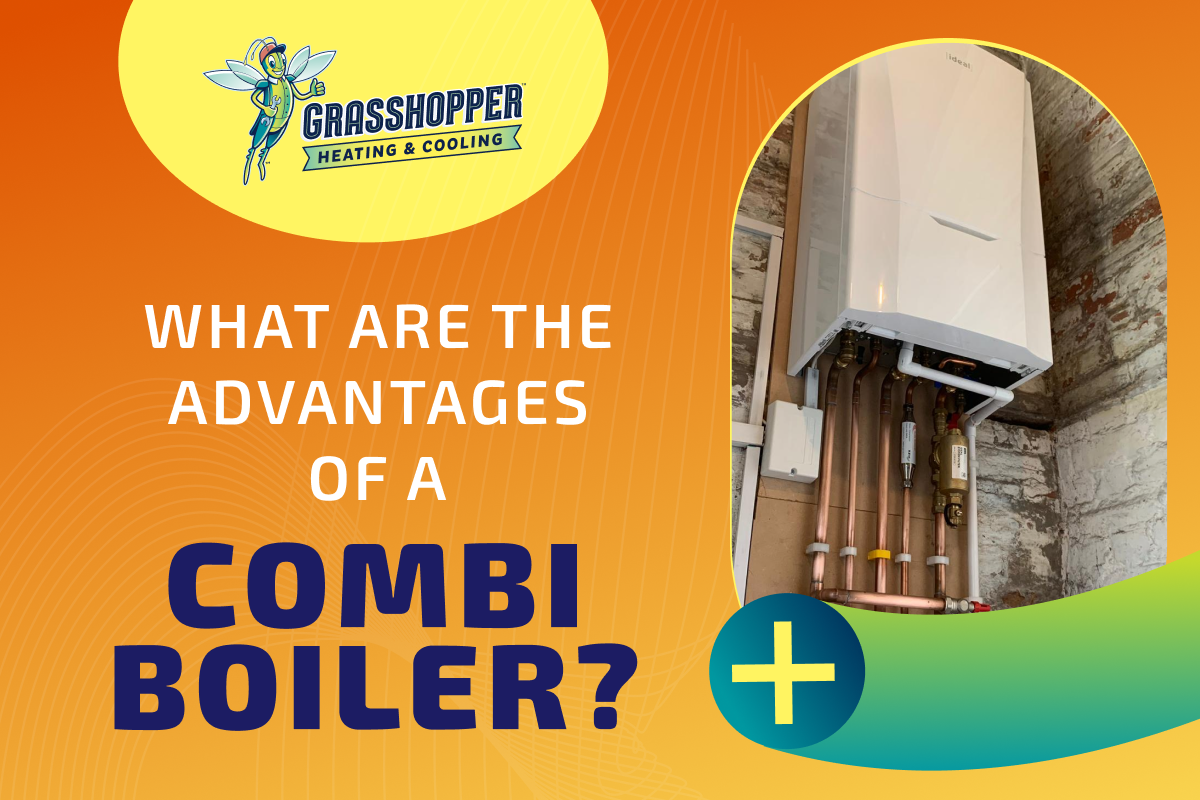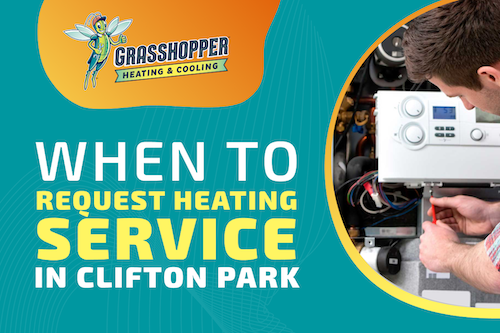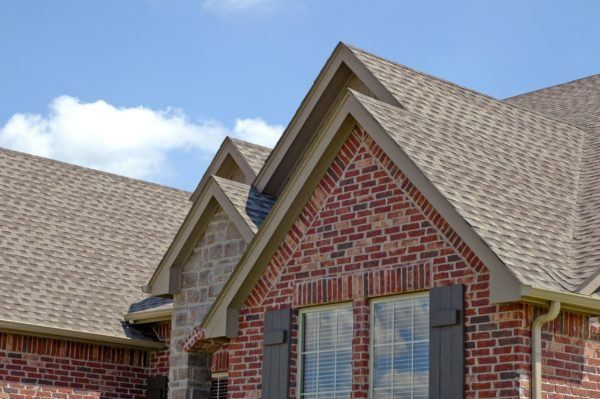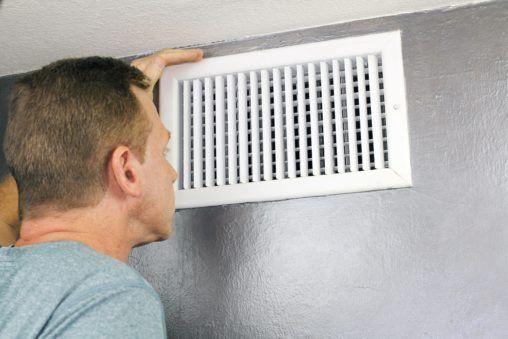6 Dangers of DIY Heating Repair
A DIY heating repair can put you in a lot of danger. Most homeowners don’t have the knowledge, tools, or equipment to pull off a furnace repair. Here are six hazards and risks you’ll face unless you hire a licensed and experienced HVAC professional.
1. Exposure to Carbon Monoxide
A byproduct of burning fuels, carbon monoxide is odorless, colorless, and toxic. It is normally contained and ventilated out of your home. But if your furnace is damaged, carbon monoxide can leak and cause a range of symptoms. In high concentrations, it can lead to unconsciousness and death. Check your carbon monoxide detector’s batteries regularly to ensure it’s working, and always call a heating repair technician just to be safe.
2. Fire or Explosion
A damaged burner, heating element, pilot light, ignitor, or gas connection can trigger a fire. Faulty wiring is another risk. Don’t work on these parts and components if you don’t have experience. If there’s a gas leak, an explosion can have devastating and deadly consequences. Hiring a professional can save your life and your home.
3. Shock or Electrocution
Heating systems have various electrical connections. Touching a damaged wire or the wrong electrical component, or mishandling a loose connector, can result in a strong shock. You can also be electrocuted.
Furnace repair work often requires turning off the power to the circuit first. That’s the only way to avoid exposure to electric current in the first place. But even if you turn off the breaker, a faulty component can carry an electric charge that can injure or kill you. Heating techs use protective equipment to avoid this.
4. Furnace Damage
If you haven’t received training or passed a certification test, you likely can’t correctly troubleshoot and diagnose a furnace problem. You may look in the wrong place to try to fix a minor issue. A DIY repair can result in damage to other components or worsen the problem you’re attempting to fix.
Botching a DIY heating repair is often costly. The repairs you’ll need afterward can be much more expensive than having hired a professional in the first place.
5. Voiding the Warranty
An HVAC warranty typically requires repairs to be done by a certified professional. If you perform a DIY repair and damage the unit, the warranty will be voided and the manufacturer will not cover the repair cost. The cost of furnace repair, which includes parts, fees, and labor, can be quite expensive. Voiding the warranty is a risk best not taken.
6. Time-Consuming Repairs
A licensed professional usually completes a heating repair quickly. They have the experience and tools to do so. Plus, they’re on a tight schedule. But that doesn’t stop them from being thorough and effective.
It would take you much longer to troubleshoot the issue, gather the right tools, and disassemble and repair the unit. But a professional knows the proper solution and steps to complete the job in a short time.
Are There Any DIY Solutions to Heating Issues?
A heating repair must be left to a professional unless you can address an issue with any of these simple solutions:
- Adjust the thermostat
- Replace the thermostat battery
- Clean or replace the filter
- Reset the circuit breaker
- Secure the cabinet panel
- Clean out the drain line
- Remove leaves and debris from intake/exhaust vents
- Open or unblock HVAC vents
Contact Grasshopper Heating & Cooling
Our skilled technicians provide any heating repair. A furnace problem can originate from a faulty internal part or component or the unit’s gas or power supply. When you call, we’ll send a professional to quickly get your heating system back up and running. We’re available 24/7 for emergency repairs. Call if your system blows cold air, delivers uneven temperatures, makes strange noises, or smells like it’s burning. For immediate furnace repair, call (518) 216-0051 now.









